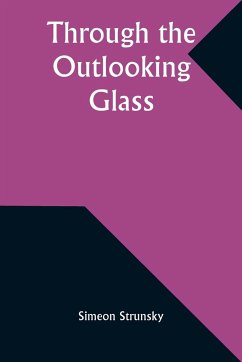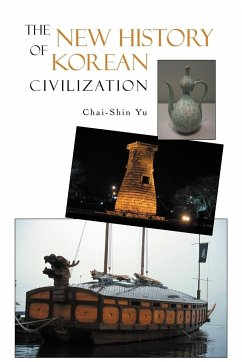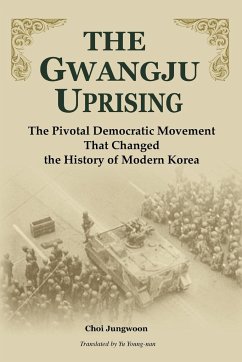
North Korea through the Looking Glass

PAYBACK Punkte
16 °P sammeln!
" Fifty-five years after its founding at the dawn of the cold war, North Korea remains a land of illusions. Isolated and anachronistic, the country and its culture seem to be dominated exclusively by the official ideology of Juche, which emphasizes national self-reliance, independence, and worship of the supreme leader, General Kim Jong Il. Yet this socialist utopian ideal is pursued with the calculations of international power politics. Kim has transformed North Korea into a militarized state, whose nuclear weapons, ballistic missiles, and continued threat to South Korea have raised alarm wor...
" Fifty-five years after its founding at the dawn of the cold war, North Korea remains a land of illusions. Isolated and anachronistic, the country and its culture seem to be dominated exclusively by the official ideology of Juche, which emphasizes national self-reliance, independence, and worship of the supreme leader, General Kim Jong Il. Yet this socialist utopian ideal is pursued with the calculations of international power politics. Kim has transformed North Korea into a militarized state, whose nuclear weapons, ballistic missiles, and continued threat to South Korea have raised alarm worldwide. This paradoxical combination of cultural isolation and military-first policy has left the North Korean people woefully deprived of the opportunity to advance socially and politically. The socialist economy, guided by political principles and bereft of international support, has collapsed. Thousands, perhaps millions, have died of starvation. Foreign trade has declined and the country's gross domestic product has recorded negative growth every year for a decade. Yet rather than initiate the sort of market reforms that were implemented by other communist governments, North Korean leaders have reverted to the economic policies of the 1950s: mass mobilization, concentration on heavy industry, and increased ideological indoctrination. Although members of the political elite in Pyongyang are acutely aware of their nation's domestic and foreign problems, they are plagued by fear and policy paralysis. North Korea Through the Looking Glass sheds new light on this remote and peculiar country. Drawing on more than ten years of research-including interviews with two dozen North Koreans who made the painful decision to defect from their homeland-Kongdan Oh and Ralph C. Hassig explore what the leadership and the masses believe about their current predicament. Through dual themes of persistence and illusion, they explore North Korea's stubborn adherence to policies that have"













